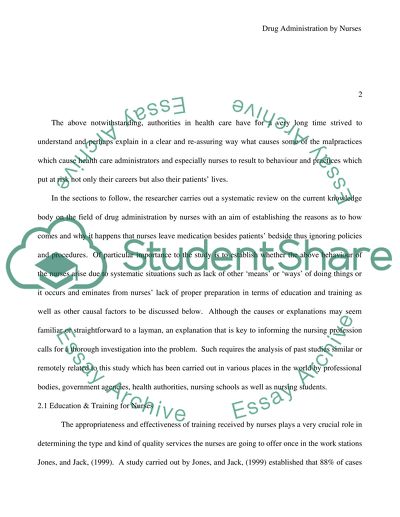Cite this document
(“An evaluation of research methods in health care Essay”, n.d.)
An evaluation of research methods in health care Essay. Retrieved from https://studentshare.org/health-sciences-medicine/1499989-an-evaluation-of-research-methods-in-health-care
An evaluation of research methods in health care Essay. Retrieved from https://studentshare.org/health-sciences-medicine/1499989-an-evaluation-of-research-methods-in-health-care
(An Evaluation of Research Methods in Health Care Essay)
An Evaluation of Research Methods in Health Care Essay. https://studentshare.org/health-sciences-medicine/1499989-an-evaluation-of-research-methods-in-health-care.
An Evaluation of Research Methods in Health Care Essay. https://studentshare.org/health-sciences-medicine/1499989-an-evaluation-of-research-methods-in-health-care.
“An Evaluation of Research Methods in Health Care Essay”, n.d. https://studentshare.org/health-sciences-medicine/1499989-an-evaluation-of-research-methods-in-health-care.


